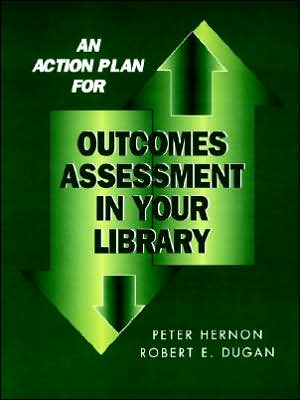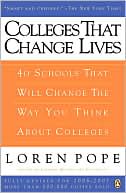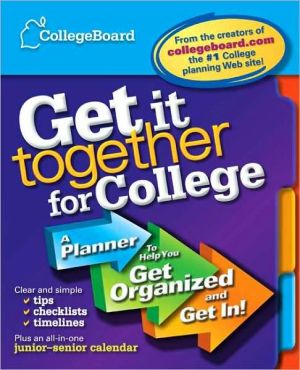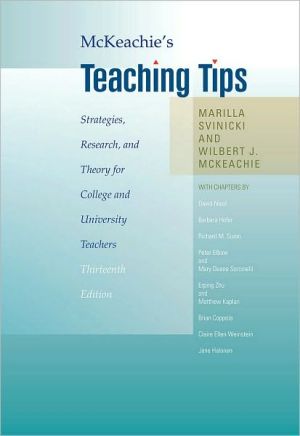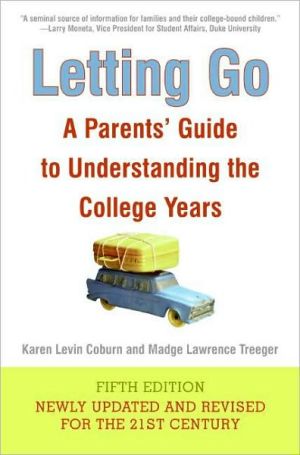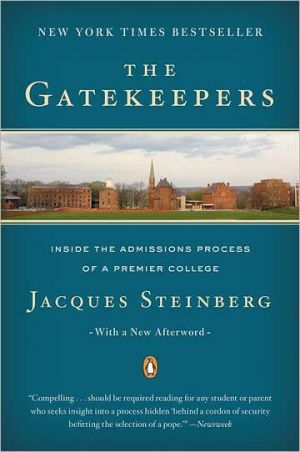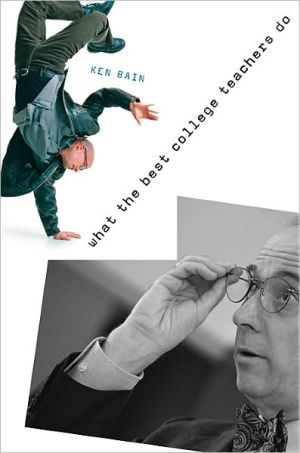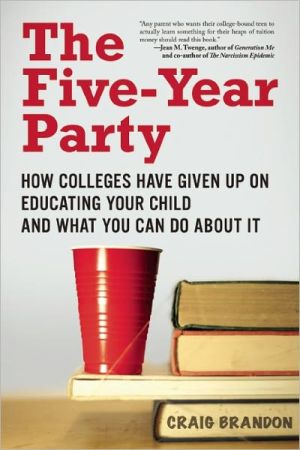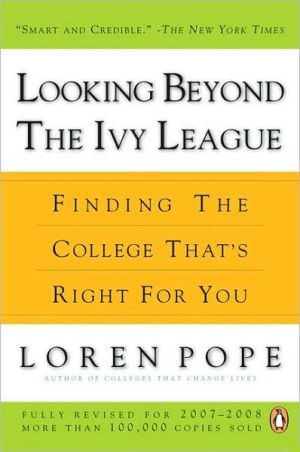Action Plan for Outcomes Assessment in Your Library
With an emphasis on user satisfaction, this guide for research and college librarians describes data collection methods for measuring both learning and research outcomes. The text is based largely upon case studies of outcomes assessment programs. Coverage extends to the policies of major accrediting bodies for higher education, guidelines developed by the Association for Research and College Libraries, and the application of these assessment methods to public libraries. Annotation c. Book...
Search in google:
With an emphasis on user satisfaction, this guide for research and college librarians describes data collection methods for measuring both learning and research outcomes. The text is based largely upon case studies of outcomes assessment programs. Coverage extends to the policies of major accrediting bodies for higher education, guidelines developed by the Association for Research and College Libraries, and the application of these assessment methods to public libraries. Annotation c. Book News, Inc., Portland, OR School Library Journal Anyone planning to write grant proposals must understand outcome-assessment strategies. The authors feel that much of the literature on learning, research, and operational outcomes assessment is "outside the realm of library and information science." Data-collection methods, adaptable to local needs, are included. There are some splendid questions raised by the Western Association of Schools and Colleges accreditation standards. "How does the institution ensure that its members develop the critical information literacy skills needed to locate, evaluate, and responsibly use information? How does it utilize the special skills of information professionals to support teaching, learning, and information technology planning?" The chapter on "Service Quality and Satisfaction" begins with a quotation from Danuta A. Nitecki from the Journal of Academic Librarianship: "A measure of library quality based solely on collections has become obsolete." This reinforces a core value of the Information Power philosophy. Appendixes include criteria for accreditation from Southern Association of Colleges and Schools, Student Learning Outcomes, Information Literacy definitions, and other research components. Copyright 2002 Cahners Business Information.
FiguresPrefaceAcknowledgments1A New Day Is Here12Assessment Plans, Reports, and Guides in Institutions of Higher Education183Developing an Assessment Plan for Measuring Student Learning Outcomes294Information Literacy Assessment Efforts of Some Academic Libraries435Moving Public Libraries toward Outcomes Assessment566Outcomes as a Type of Assessment647The Research Process808Evidence Demonstrating the Achievement of Outcomes1019Service Quality and Satisfaction11910Making a Commitment to Accountability and Learning Outcomes Assessment133App. ASouthern Association of Colleges and Schools, 1998 Criteria for Accreditation, Section V: Educational Support Services141App. BMildred F. Sawyer Library Student Learning Outcomes Assessment Plan for Information Literacy143App. CMildred F. Sawyer Library Faculty Support Outcomes Assessment Plan147App. DInformation Litracy149App. E1999-2000 Freshmen Pre/Posttest from the Daniel Library, The Citadel151App. F2000-2001 Freshmen Pre/Posttest from the Daniel Library, The Citadel153App. GHistory 203, Student Research Survey from the Daniel Library, The Citadel155App. HInformation Literacy Standards, Performance Indicators, and Outcomes157App. IExample of Research Components161App. JEnhancing Skills through Technology: A Project for Advanced Accounting Students170Some Recommended Resources183Index189
\ School Library JournalAnyone planning to write grant proposals must understand outcome-assessment strategies. The authors feel that much of the literature on learning, research, and operational outcomes assessment is "outside the realm of library and information science." Data-collection methods, adaptable to local needs, are included. There are some splendid questions raised by the Western Association of Schools and Colleges accreditation standards. "How does the institution ensure that its members develop the critical information literacy skills needed to locate, evaluate, and responsibly use information? How does it utilize the special skills of information professionals to support teaching, learning, and information technology planning?" The chapter on "Service Quality and Satisfaction" begins with a quotation from Danuta A. Nitecki from the Journal of Academic Librarianship: "A measure of library quality based solely on collections has become obsolete." This reinforces a core value of the Information Power philosophy. Appendixes include criteria for accreditation from Southern Association of Colleges and Schools, Student Learning Outcomes, Information Literacy definitions, and other research components. Copyright 2002 Cahners Business Information.\ \ \ \ \ BooknewsWith an emphasis on user satisfaction, this guide for research and college librarians describes data collection methods for measuring both learning and research outcomes. The text is based largely upon case studies of outcomes assessment programs. Coverage extends to the policies of major accrediting bodies for higher education, guidelines developed by the Association for Research and College Libraries, and the application of these assessment methods to public libraries. Annotation c. Book News, Inc., Portland, OR (booknews.com)\ \
